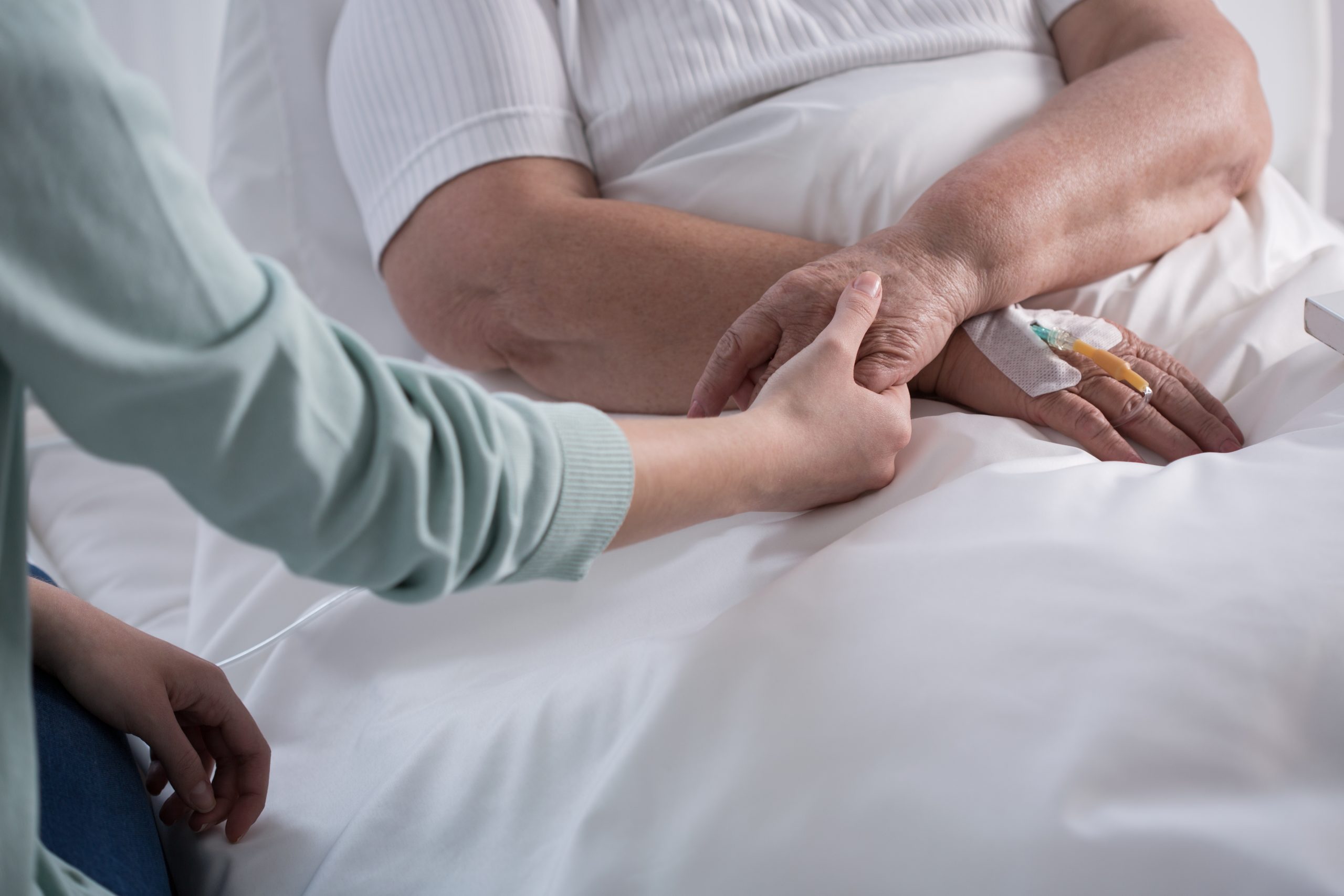Dr Francis Chin (Senior Consultant in Radiation Oncology, Palliative Medicine) from Icon Cancer Centre discusses palliative care and answers your frequently asked questions in this article below.
Palliative care and its benefits
Palliative care is a specialised type of medical care for patients with an incurable or life-limiting illness, such as cancer or heart disease. It is an important part of a comprehensive and holistic approach to cancer care and focuses on enhancing a patient’s quality of life through the delivery of physical, emotional and social support.
Advantages of seeking palliative care include:
- Relief of pain and cancer-related symptoms
- Specialised wound care for wounds that do not respond to treatment
- Nutrition support
- Option of receiving care at home
- Access to support services such as counselling
- Support with end-of-life care and planning
Frequently asked questions
Q: Is chemotherapy suitable for palliative care?
A: For most cancers that have spread beyond the location of the original cancer, chemotherapy may not be suitable to cure the cancer, but it can help to shrink the tumour. This can temporarily improve or eliminate the distressing symptoms caused by the cancer and help patients lead a better quality of life.
Some cancer patients who are already receiving palliative care may choose to end systemic therapy to focus on supportive care and relief of symptoms, following discussion with their physicians.
Q: What is the difference between palliative care for a young child compared to a senior adult?
A: There are a few differences between palliative care for a young child compared to a senior adult.
Palliative care for children can involve a play therapist, child life therapist and/or child behavioral specialist. These counsellors may use picture books to help young children understand their disease and address their fears. The bereavement process also tends to be longer for the family of a young child in palliative care.
While medical decisions for young children are usually made by their family caregivers, adult patients commonly make their own treatment decisions. Elderly cancer patients may decide not to proceed with further treatment, and it is more common for them to readily accept their illness after having lived a longer life.
Q: What can I do to help an end-stage cancer patient to be more comfortable, especially with daily symptoms such as fever, bloating and a lack of appetite?
A: Living with an advanced cancer often involves severe pain and ongoing side-effects from medications and treatments. Palliative care can help patients manage these symptoms and relieve pain through offering:
- Advanced treatments such as radiation therapy, chemotherapy, targeted therapies and immunotherapy
- Referral to a surgeon, as surgery can help to reduce pain and ongoing symptoms
- Pain relief medications which help to control and relieve discomfort caused by symptoms (e.g. opioids, morphine syrup and Fentanyl patches)
- Referral to allied health and ongoing pain management services.
If you wish to learn more about palliative care, please visit here.
You may also like to watch Dr Francis Chin’s FB live presentation which was telecast on 28 May 2022 here.






